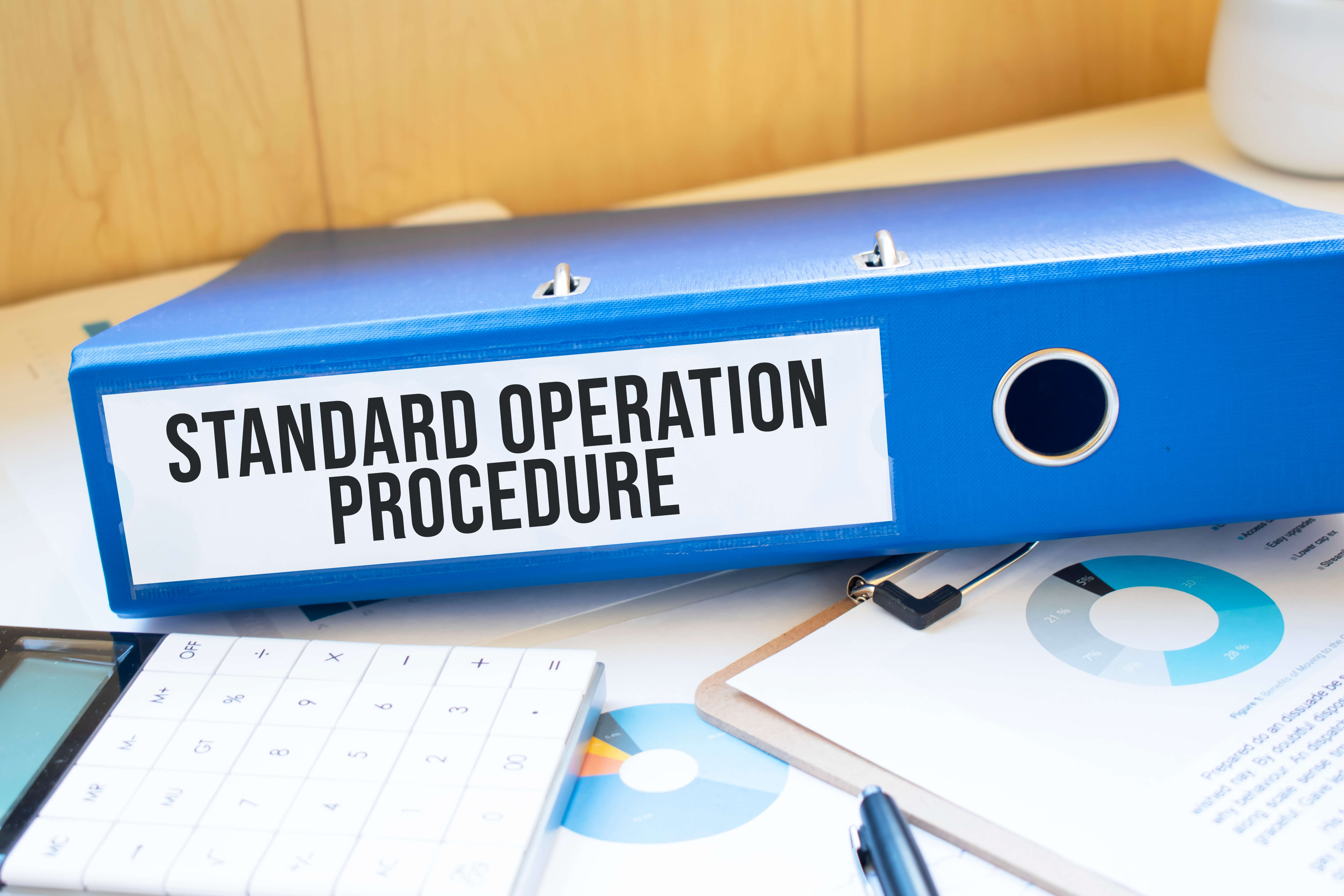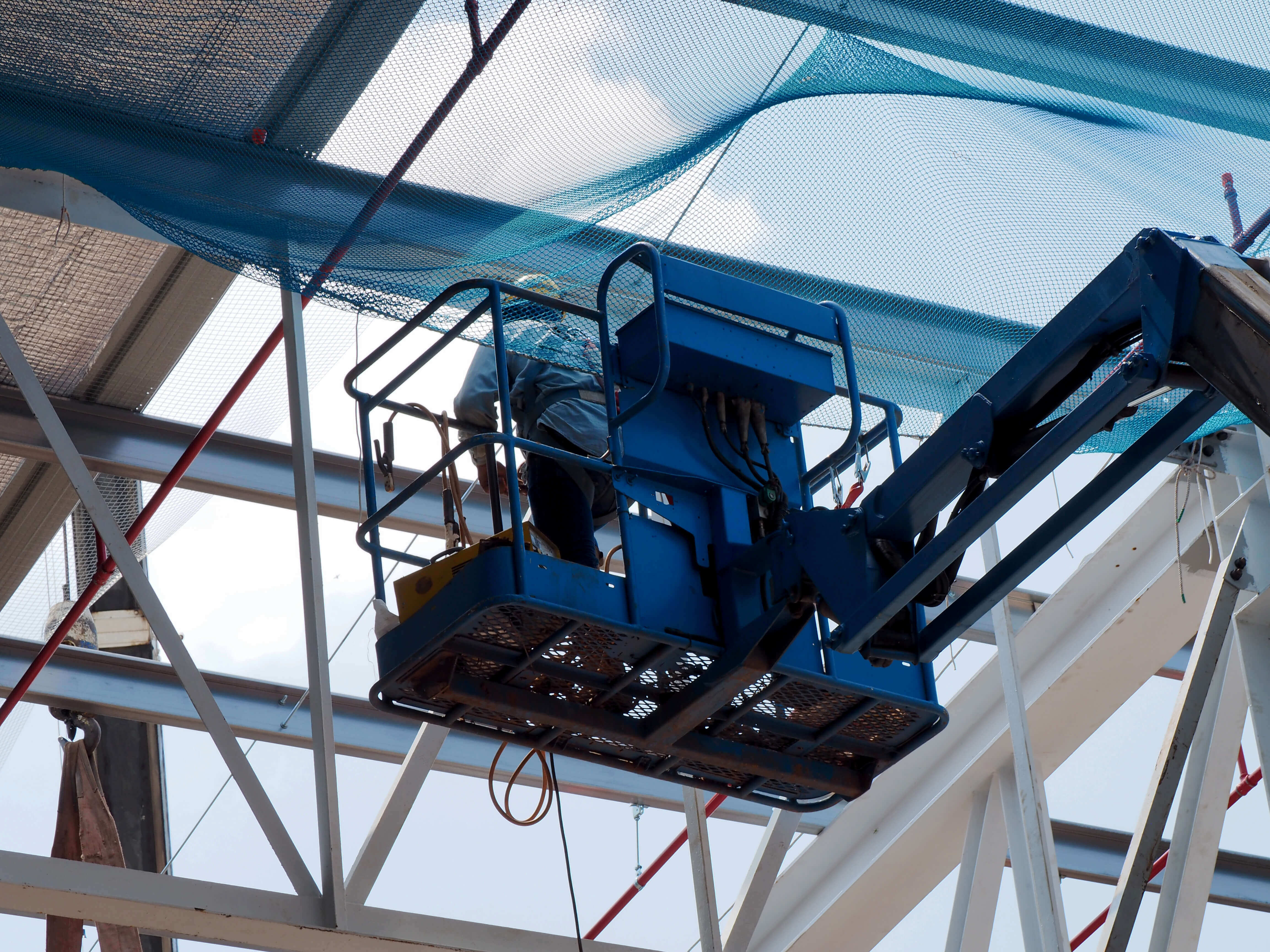Getting Health & Safety compliance right is a necessity for all businesses.
This is not just because Health & Safety law is a criminal law but also because it can bring essential benefits to your business. These benefits include: avoiding fines and legal costs of defence, enhancing productivity and process efficiency, improving employee morale, increasing your chances of securing contracts and developing a good business reputation. If you are new to Health and Safety, here are our 10 Top Tips to help you on the road to compliance:
- Get Competent Advice: You are required to have ‘competent advice’ for Health and Safety - the level of which depends on the hazards you face in your business. If you have nobody suitable in-house or they need some support in their role, you should consider obtaining external Health & Safety expert advice. Croner’s Simplify Complete and Simplify Health and Safety products provide access to Croner’s Health & Safety Helpline.
- Write a Health & Safety Policy: This should describe how you manage Health & Safety issues and which staff members are responsible for delivering it. The size and depth of the Policy will depend on your risks and why you need the Policy e.g. for tendering purposes.
- Controlling the Risks in Your Business: Risk Assess the hazards in your business that might actually cause harm to people and decide whether you are taking reasonable steps to prevent that harm. Follow through on any additional controls you identify.
- Consult Your Colleagues: Ask about Health and Safety and the work they do, how the situation may be improved and then communicate how significant risks are controlled.
- Provide Training & Information: Everyone who works for you needs to know how to work safely and without risks to health. You must provide clear instructions and information, and adequate training, for your employees. This should be in a format they understand. This is especially important for workers who do not speak English as their main language.
- Provide Workplace Welfare Facilities: You must provide a suitable and safe workplace environment and facilities e.g. toilets, ventilation, lighting, seating and workstations. This includes facilities for those with disabilities. If you are a ‘service provider’ you must also consider customers who use your facilities under equality laws.
- First Aid: You must have first-aid arrangements in your workplace and at a minimum; a suitably stocked first aid box, a designated person who takes charge of first aid arrangements and information for all employees giving details of first-aid arrangements.
- Awareness: If you employ anyone, you must display a Health and Safety Law Poster or provide each worker with a copy of the equivalent pocket card. You must display the poster where your workers can easily read it.
- Employers Liability Insurance: This covers you if an employee is injured or becomes ill as a result of the work they do for you, which leads to a compensation claim against you.
- Keep up-to-date: Follow news and events in your industry to help ensure your safety Polices and Risk Assessments are up to date with legislation, approved codes of practice and guidance.
We can help
Croner offers a range of Health & Safety services – from intelligent tools that cut the time and cost of day to day administration, to providing a dedicated team that will support you throughout a Health and Safety incident. Our comprehensive mix of consultancy services, online resources and 24/7 advice lines gives you the flexibility to choose the support that your organisation needs – when you need it. For more information contact Croner today.
Related resources
Categories
- Business Advice
- Contracts & Documentation
- Culture & Performance
- Disciplinary & Grievances
- Dismissals & Conduct
- Employee Conduct
- Employment Law
- End of Contract
- Equality & Discrimination
- Health & Safety
- Hiring & Managing
- Leave & Absence
- Managing Health & Safety
- Moving
- Occupational Health
- Pay & Benefits
- Recruitment
- Risk & Welfare




